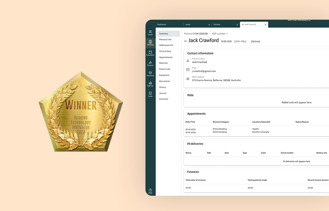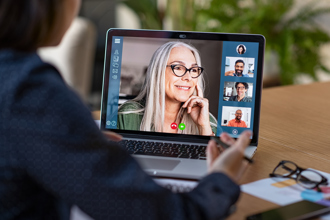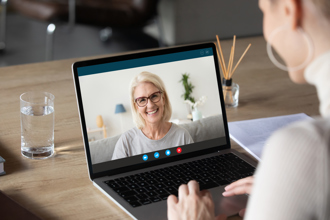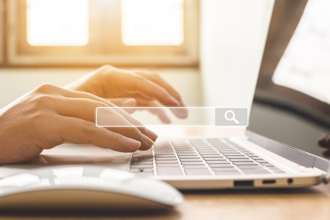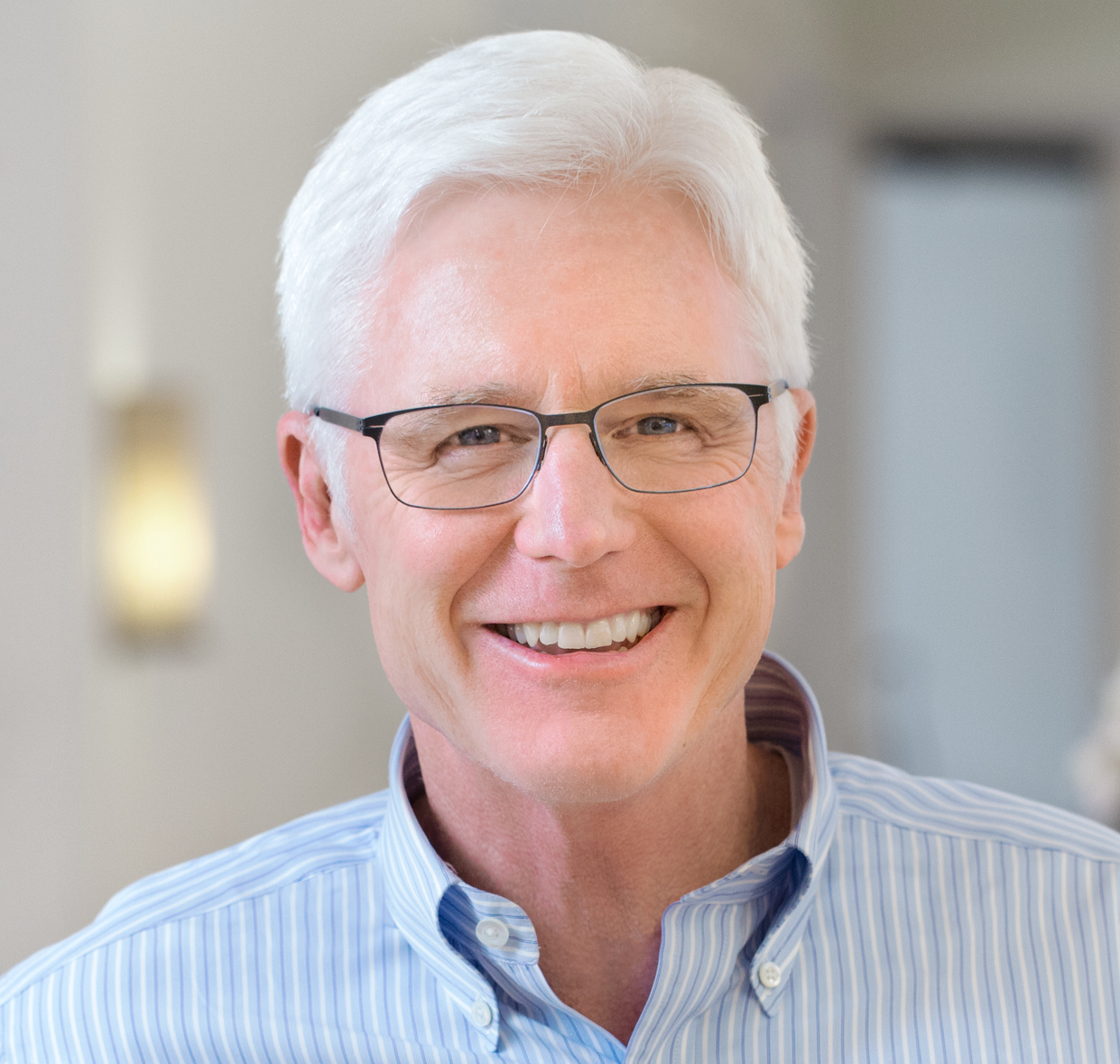Glenn’s Experience Shows the Urgency of Early Diagnosis and Accepting Hearing Aids
Glenn, a retired attorney and commercial real estate executive living in the USA, has been struggling to hear conversations in loud environments for years. The 66-year-old noticed that he couldn’t participate in conversations in restaurants or in other situations with ambient noise. Frustrated, he finally went to have his hearing checked and got hearing aids, which he said made a “dramatic” improvement in his hearing – and his social life.
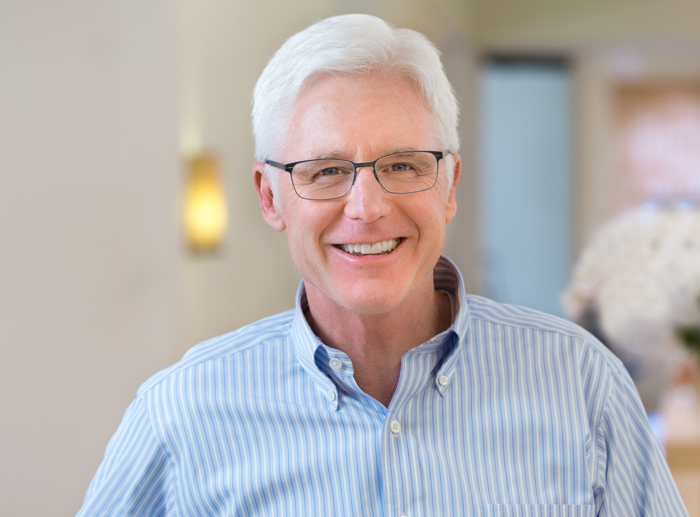
Glenn has been struggling with his hearing loss for the last five to seven years.
“In certain environments, it was hard for me to follow conversations. I could hear the volume but not distinguish the words. This was most notable in restaurants and other spaces with significant ambient noise, such as theaters,” Glenn explained.
His family and friends also noticed that he was having trouble hearing.
“When our adult children came to visit, they heard me say ‘What?’ a lot, and I kept asking them to repeat themselves. When they brought their friends over, I often had trouble staying in conversations because I would lose the thread of the conversation and couldn’t fill in the gaps based on prior knowledge of the people and their backgrounds, which was frustrating,” Glenn said.
Glenn also had trouble hearing his favorite television shows and switched over to subtitles so he could follow the conversations on TV.
Even though Glenn noticed that he was having trouble hearing, like many other people, he put off getting a hearing screening for years.
1/3
He said there wasn’t one particular moment that inspired him to finally get his hearing checked, but a variety of moments made him realize it was necessary.
“I was having problems being in environments with ambient noise, especially in restaurants. If I was dining out with more than two other people, I couldn’t participate in the conversations because I couldn’t hear people if they weren’t right next to me,” he added. “What should have been enjoyable outings became stressful and frustrating.”
Typical, Age-Related Hearing Loss
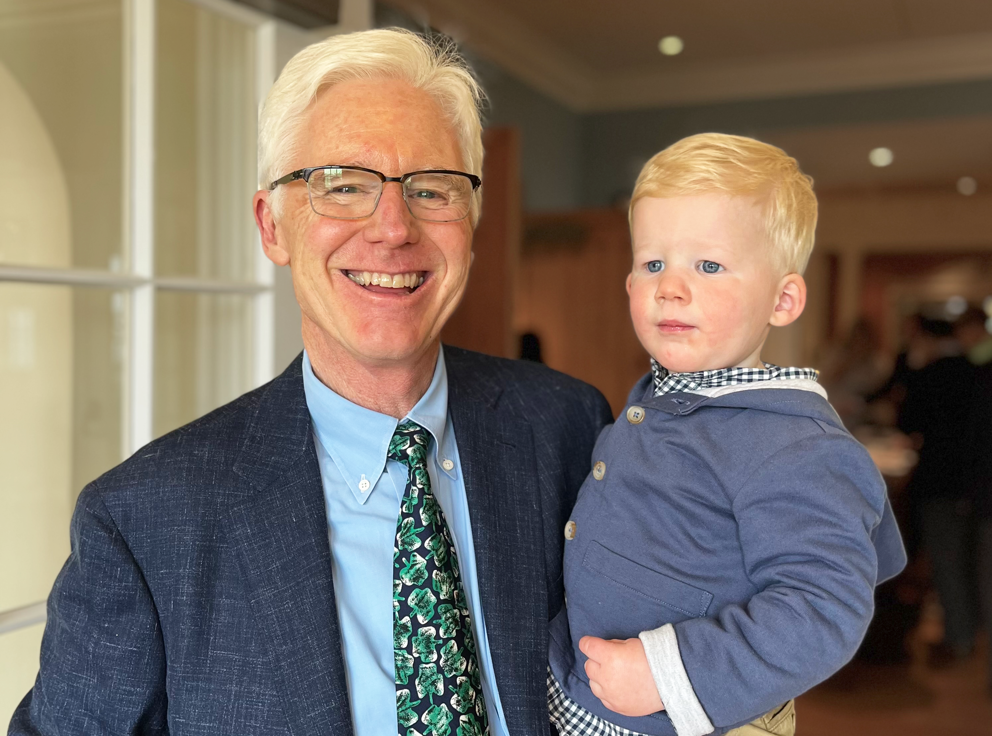
In 2022, when Glenn and his wife were living in San Francisco, he decided it was time to do something about his hearing loss, and went to an audiology clinic in San Francisco.
“A hearing examination revealed that I had pretty significant hearing loss at the higher end of the range of hearing, which the audiologist said is the most typical type of hearing loss related to aging,” Glenn explained. “In the English language, our consonants are in that range, which is why I was having a hard time deciphering where words began and ended. The doctor said my hearing problems were in line with typical age-related hearing loss.”
His audiologist recommended hearing aids that were configured to boost his hearing at that higher range – and this solution was a game-changer.
“Since I’ve gotten the hearing aids, the improvement has been dramatic,” Glenn said. “When the audiologist did the hearing aid testing, I was in an office with an open window because the weather was nice. I was looking at her, with the window at my back. As she was testing, she asked if I was hearing better with hearing aids in. I told her that I was distracted by a rustling sound. It was the wind in the leaves! I hadn’t been able to hear that sound for years until I got the hearing aids!”
1/3
“The audiologist told me that getting hearing aids to improve your hearing is different than getting glasses to correct bad eyesight,” he said. “I’ve had poor eyesight for my whole life. She explained that when you get your eyes checked every year and you get your lenses updated to reflect your changing prescription, it’s gradual improvement and you don’t see a big change. But then you go from 0 to 60 when you get your first hearing aids. That’s why it was so dramatic for me.”
One of Glenn’s biggest concerns was whether using hearing aids would contribute to his hearing deteriorating even further. He was worried that, perhaps, his ears wouldn’t do the work anymore if he was relying on hearing aids. The audiologist said that the reverse is true.
“My audiologist explained that if you have hearing loss and your brain doesn’t get the right input, the brain will actually start to ignore sounds. It will filter out inputs that aren’t helpful,” he said. “She told me that hearing acuity goes down the longer you go without hearing aids. So, now I tell people to get hearing aids sooner. Don’t put it off because you fear intervention will make your hearing worse.”
“My takeaway from getting my first hearing aids was that the improvement was more dramatic than I expected,” he added. “And knowing that the hearing aids are beneficial to preserving my hearing made it even more worthwhile.”
A First-Class Hearing Journey
Glenn said that everything at his chosen audiology clinic was top-notch.
It was easy to get an appointment, and he waited less than a month between booking the appointment and being seen by an audiologist.
“The staff was great. I appreciated the way they educated me about the hearing aids and the process. They explained every test they were doing. They told me what hearing aids can – and can’t – do,” Glenn explained.
“They asked me about my lifestyle, like how much time I spend outside, and the types of environments I’d be wearing my hearing aids in,” he continued. “They had a large selection of products, and they wanted to recommend what would work best for me, given my lifestyle. It was the opposite of just trying to sell me a product. They wanted me to have the right product for my lifestyle and my hearing loss. They wanted me to understand what to expect, and showed me what the hearing aids could do, like how to adjust the volume to reduce the sound of the wind when I’m outside.”
He also thought the practice’s aftercare was great. He had some initial issues with the hearing aids, and the clinic’s staff saw him quickly to troubleshoot and resolve the problems.
And he was impressed by the technology associated with his hearing aids, like the app that allows him to easily adjust his hearing aids to reduce background noise in crowded environments, like restaurants. He also enjoys the Bluetooth connectivity to his smartphone, which enhances his hearing on telephone calls.
A Few Minor Hassles
As much as Glenn likes his hearing aids – and the significant improvement they make to his hearing – he’s had a few minor hassles with them. For instance, he says it’s inconvenient when the hearing aid batteries run out of charge.
He also said that he’s become so used to wearing the hearing aids that he sometimes forgets about them and steps into the shower while wearing them.
“In a bad rainstorm, the audiologist said they won’t get ruined, but I take them out. I know they’re sensitive to water, so I have to remember that I’m wearing them and give them a little TLC at times,” he explained. “If I’m outdoors playing golf, I might take them off because I don’t want to sweat on them or lose them. I don’t need to wear my hearing aids in that environment because there’s no ambient noise.”
“I wear glasses, and the hearing aids work fine with them, but when we were taking masks on and off during the pandemic, that was a bit of hassle with the hearing aids,” he added. “And when I’m pulling a shirt over my head, the hearing aids sometimes catch on my collar and pull off. But I have never lost a hearing aid that had been pulled out inadvertently because they improve my hearing so much that if one dislodges, I notice it immediately.”
But the positives outweigh any minor inconveniences.
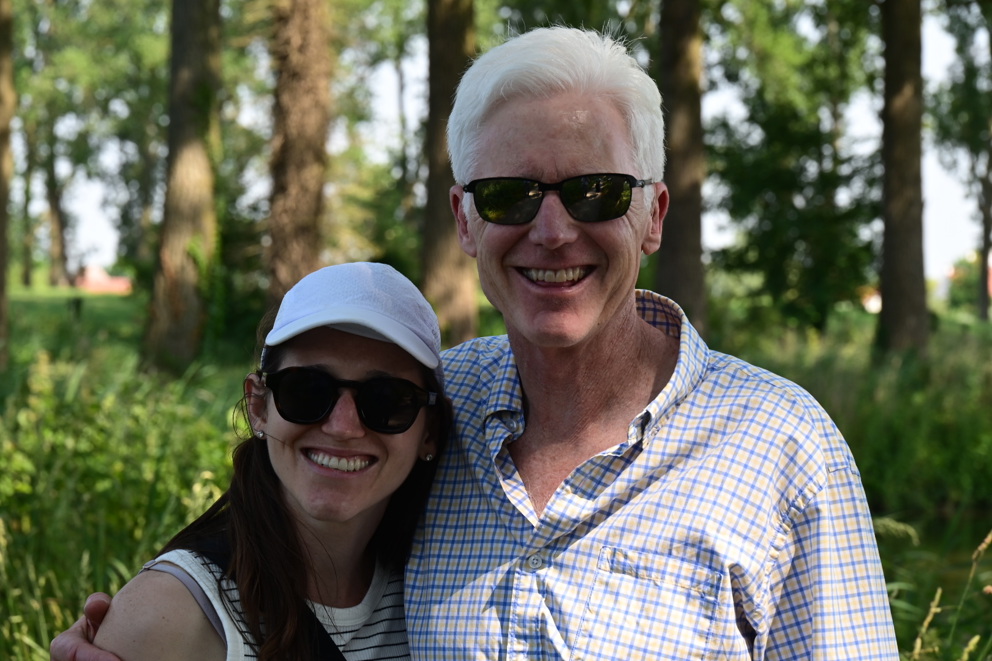
The audiology practice customized the hearing aids for Glenn, and they’re so comfortable that he doesn’t even notice he’s wearing them. He said the audiologist did such a great job fitting his hearing aids that he can put them on every morning and wear them comfortably until the end of the day.
He said people rarely notice that he’s wearing them.
“If someone comes up behind me or to the side, that’s the only time they can see them. And they’re usually surprised to notice that I’m wearing hearing aids since they never noticed them before,” he said. “The only people that typically notice that I’m wearing hearing aids are my young grandkids, who can’t seem to resist pulling on my hearing aids and my glasses when I’m holding them.”
The Stigma of Being Unable to Hear
Glasses are more ubiquitous than hearing aids. People even wear glasses without prescription lenses as a fashion statement. But when you get hearing aids, it’s a signal that you’ve crossed some boundary – typically associated with aging – and you can’t go back,” Glenn explained. “It’s like when you stop playing a sport you enjoy because of injury risk.”
“The stigma around aging wasn’t a reason for me to resist going to get hearing aids, though. For me, the stigma of wearing hearing aids is way less than the stigma of being the guy constantly saying ‘What?’, ‘Can you repeat that?’, and ‘Sorry, I didn’t hear you.’ The latter is much more embarrassing, and it’s apparent to anyone within earshot of you,” he said. “Not being able to hear is visible to a much larger group than wearing hearing aids, which most people don’t even notice.”
1/3
While he’s now a huge advocate for hearing aids, he’s disappointed with the way hearing aids are portrayed in advertising.
“The ads for hearing aids always have silver hair people. You never see ads with younger people getting hearing aids, but you’re bombarded with ads featuring old people,” he explained. “That makes it seem like hearing loss is exclusively an old people problem and, therefore, that wearing hearing aids means you have passed over some imagined border between being ‘young’ and ‘old’ with respect to all of your capabilities, which just isn’t true.”
Glenn wondered if some younger people have hearing loss and don’t realize it. He mentioned that when kids have difficulties in school and other environments, they’re often thought to have ADD or ADHD, which is why they can’t concentrate and don’t excel at school. But he theorized that, perhaps, some of those children actually have hearing problems and are distracted or acting out because they can’t hear their teachers or peers. He wondered why there are no ads to target younger demographics who would benefit from hearing aids.
While he resisted getting hearing aids for years, he’s now convinced that they’re extremely beneficial, and he tells his loved ones to get checked if they’re struggling to hear.
“My advice to people who suspect they might have hearing loss is to understand that it’s a normal thing that they’re experiencing that will not get better – and might even worsen – if left alone,” Glenn said. “Go get it checked. Hearing aids could make a dramatic difference for you, as well.”
Key Takeaways From Glenn's Story for Hearing Care Professionals
Auditdata Solutions
Raising Awareness, Improving Lives
As a leading provider of audiology solutions, we see it as our responsibility to raise awareness about the consequences of undetected hearing loss, help guide individuals to take the initial steps toward detection and treatment, and advise hearing care professionals on how to provide the best care experience.
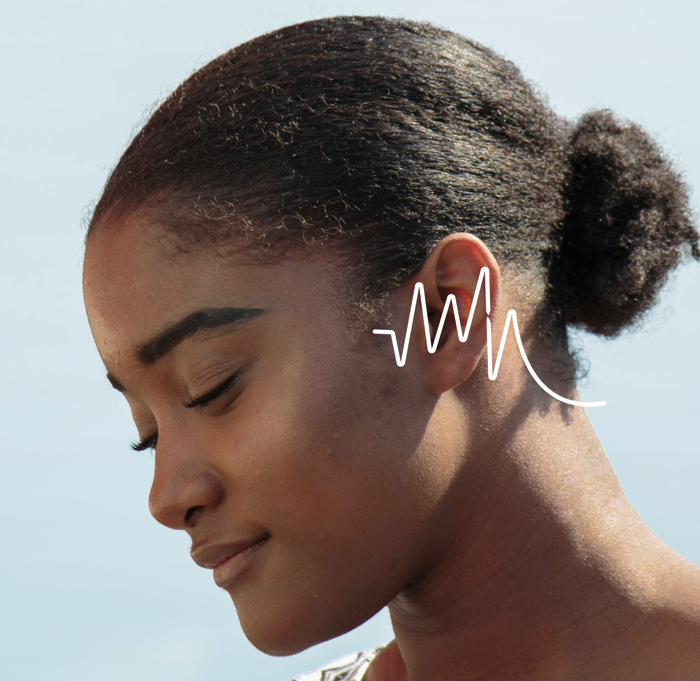
Don't Miss Out On the Latest Insights On Audiology
Sign up today to receive exciting updates, tips, and the latest newsletters from Auditdata.
